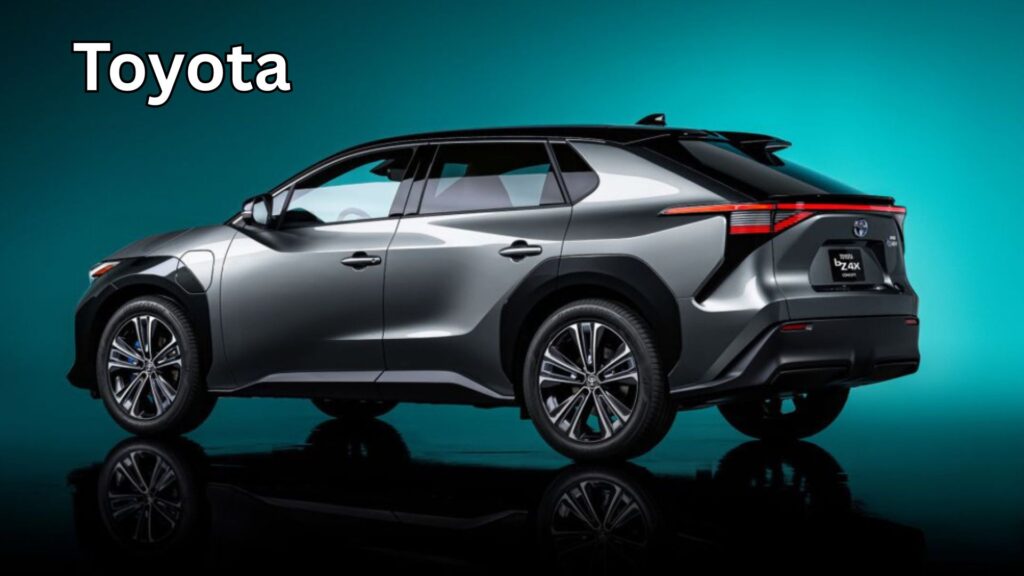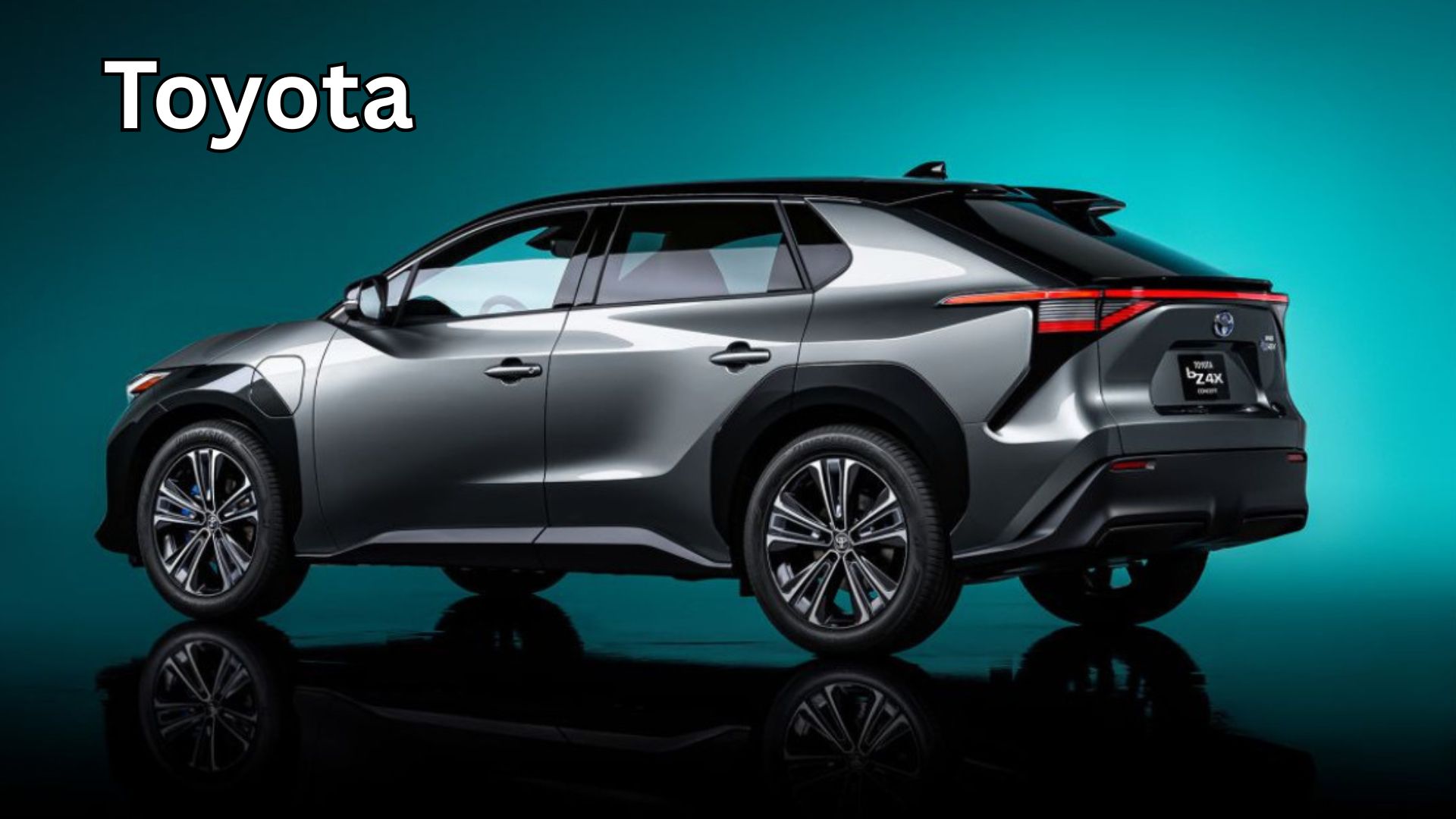Toyota Motor Corporation, one of the most influential and globally recognized automotive manufacturers, has consistently been at the forefront of technological advancements, sustainability initiatives, and forward-thinking strategies. As the global automotive industry rapidly transitions towards electrification, Toyota is positioning itself as a leader in shaping a cleaner, greener future. With electric vehicles (EVs) and hybrid technologies becoming mainstream, Toyota’s continued investment in innovation makes its approach highly relevant to both consumers and industry experts.

The company’s initiatives are not limited to producing environmentally friendly cars; Toyota is also working to revolutionize manufacturing processes, expand renewable energy use, and contribute to a sustainable global transportation ecosystem.
Summary Table
| Category | Details |
|---|---|
| Company | Toyota Motor Corporation |
| Recent Models | Toyota bZ4X (EV), Corolla Electric |
| Investment | CAD 2 billion in Canada over 5 years |
| Sustainability Goal | Fully sustainable lineup by 2035 |
| Technology Focus | Hybrids, Plug-in Hybrids, Battery Electric Vehicles, Hydrogen Fuel Cells |
| Notable Innovation | Toyota Mirai (hydrogen fuel cell vehicle) |
| Official Website | https://www.toyota-global.com |
Recent Developments in Toyota’s EV and Hybrid Portfolio
In October 2023, Toyota unveiled two of its most anticipated electric vehicles – the bZ4X and the Corolla Electric. These models reflect Toyota’s dedication to innovation and environmental responsibility.
-
Toyota bZ4X
Designed for efficiency and sustainability, the bZ4X offers a range of over 400 kilometers on a single charge, positioning it as a competitive option in the electric SUV market. Built on Toyota’s dedicated e-TNGA EV platform, it delivers exceptional performance, comfort, and advanced safety features while maintaining zero tailpipe emissions. -
Corolla Electric
Leveraging the legacy of the Corolla brand, this fully electric version combines Toyota’s trusted reliability with clean energy technology. It is aimed at consumers looking for a practical, affordable, and eco-conscious daily driver.
Major Investment in Canada
Toyota also announced a significant CAD 2 billion investment in Canada over the next five years to boost hybrid and electric vehicle production. This move will:
-
Expand production capacity for EVs and hybrid vehicles.
-
Create thousands of jobs in the Canadian automotive manufacturing sector.
-
Strengthen Canada’s position as a hub for sustainable vehicle production.
This investment aligns with the growing consumer demand for eco-friendly transportation solutions and supports North America’s broader climate goals.
Toyota’s Vision for the Future
Looking ahead, Toyota has set a clear target: a fully sustainable model lineup by 2035. This future product range will include:
-
Hybrid Electric Vehicles (HEVs)
-
Plug-in Hybrid Electric Vehicles (PHEVs)
-
Battery Electric Vehicles (BEVs)
-
Hydrogen Fuel Cell Vehicles (FCVs)
Hydrogen Fuel Cell Leadership
Since the introduction of the Toyota Mirai in 2014, Toyota has been a pioneer in hydrogen fuel cell technology. Unlike traditional EVs, fuel cell vehicles generate electricity from hydrogen, producing only water vapor as emissions. This technology offers several advantages:
-
Rapid refueling times compared to battery charging.
-
Extended driving ranges.
-
Suitability for heavy-duty applications and long-distance travel.
Toyota believes that hydrogen fuel cells will play a critical role in achieving a zero-emission transportation future, especially in markets where charging infrastructure is limited.
The Role of Innovation and Sustainability in Toyota’s Strategy
Toyota’s commitment to innovation extends beyond vehicle design. The company invests heavily in:
-
Renewable manufacturing energy – Integrating solar and wind power into production plants.
-
Advanced materials – Developing lightweight, recyclable, and sustainable automotive materials.
-
Circular economy practices – Reducing waste through battery recycling and reusing components.
These measures not only reduce Toyota’s environmental footprint but also position the brand as a leader in responsible manufacturing practices.
.Frequently Asked Questions (FAQs)
Q1: When will Toyota have a fully sustainable model lineup?
A. Toyota aims to achieve a fully sustainable lineup, including hybrids, EVs, and hydrogen fuel cell vehicles, by 2035.
Q2: What is the range of the Toyota bZ4X?
A. The bZ4X offers over 400 kilometers of range on a single charge.
Q3: What is unique about Toyota’s hydrogen fuel cell technology?
A. Toyota’s hydrogen fuel cell vehicles, like the Mirai, produce electricity from hydrogen, with water vapor as the only emission, offering quick refueling and long driving ranges.
Q4: How much is Toyota investing in Canada for EV and hybrid production?
A. Toyota is investing CAD 2 billion over the next five years to enhance EV and hybrid production capabilities in Canada.
Q5: Where can I learn more about Toyota’s global operations?
A. You can visit Toyota’s official global website at https://www.toyota-global.com.
Conclusion
Toyota’s current trajectory reflects a deep commitment to sustainability, technological leadership, and market responsiveness. The combination of battery electric, hybrid, and hydrogen fuel cell technologies allows Toyota to offer diverse solutions tailored to different consumer needs and geographic requirements.
As Toyota continues to expand its electric and hybrid vehicle lineup, invest in cleaner production methods, and push the boundaries of hydrogen technology, the brand is not just adapting to the global shift toward sustainability-it is helping to define it.
For consumers, this means a future where reliable, efficient, and eco-friendly vehicles are more accessible than ever. For the industry, it signals a continued push toward innovation that will shape the global automotive landscape for decades to come
Click HERE For More






